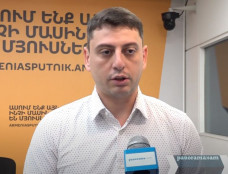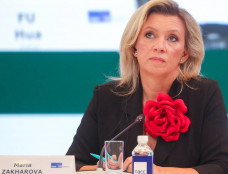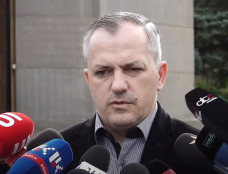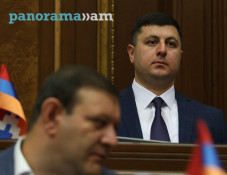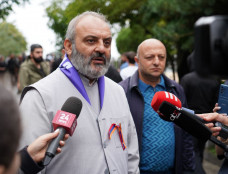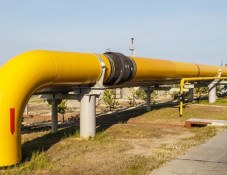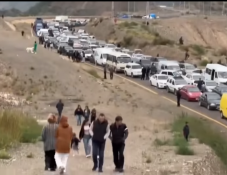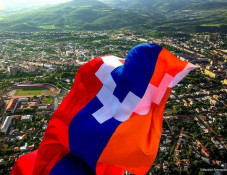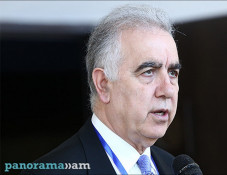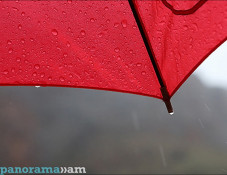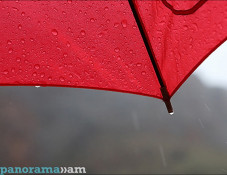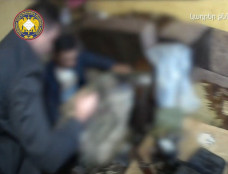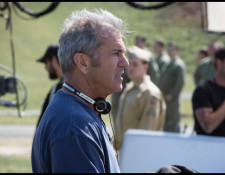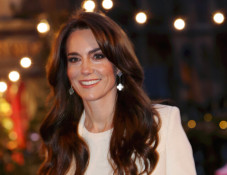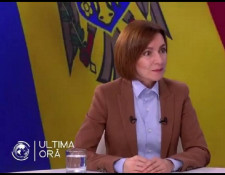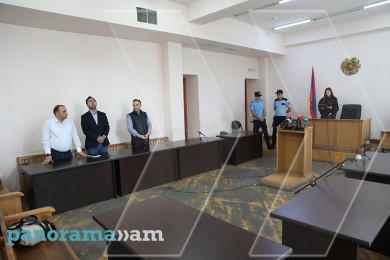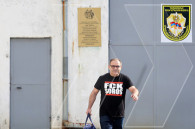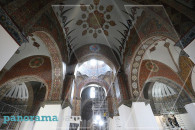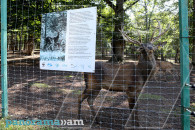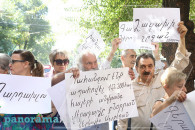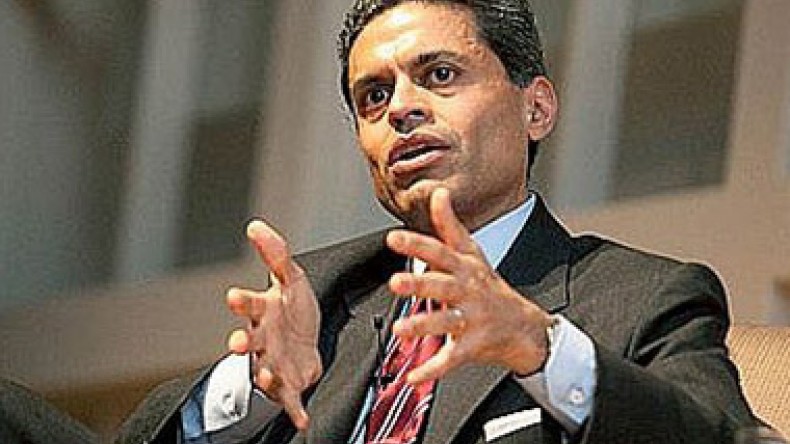
Common interests, victim of US-Iran hostility
Second and final part of Iranian Diplomacy’s exclusive interview with American journalist and analyst Fareed Zakaria
- Regarding the Arab developments in the past two years, it seems that the US was the most important country to lose its old allies during these revolutions. In your opinion, what is the new US strategy in this new Middle East with its new statesmen?
- Honestly, I don’t think that the US has much of a strategy in the Middle East right now. I think it is watching and waiting, perhaps a lot like everybody, because what is happening in the Middle East particularly in the Arab world are really historical changes. For the first time, Arabs are trying to decide how they would like to govern themselves and when you ask that question immediately what the issue becomes is who do you mean by who is going to rule. Is it going to be by majority rule? Is it going to be based on sectarian divides, Sunni vs. Shia? Is religion going to be the defining element of politics? And all these questions are being asked for the first time in the Arab world. So it’s almost like the ice is melting and you’re beginning to see what is under the surface. I think the best thing the US could do is to watch and wait and support the people in these countries and support what their wishes are and not presume to know better what is good for these countries. I think that this is a process that will take years and years and for the US to be a little less involved in the Middle East is not a bad thing. The US is a global power, it has more important issues in Asia that it needs to attend to and I think it’d be nice to let the Middle East sort itself out for a while.
- In one of your most controversial articles in the past few weeks, you directed very strong criticism toward the Saudi government. If you want to briefly mention the US government's mistakes with regard to Riyadh in recent years, which points would you mention?
- I believe that one has to keep in mind that when you hear about Saudi Arabia being upset about American and its foreign policy, one has to remember that Saudi Arabia has been a deeply destabilizing force in the world of Islam over the last thirty, forty years. It has funded Wahhabi Islamic centers, mosques, foundations, and Jihadi militants all over the world. If you go anywhere, from Indonesia to Germany, you will find Islamic centers that propagate the Wahhabi version of Islam, which is very puritanical, very narrow, very intolerant. And when you hear Saudi criticism of US policy, one has to keep in mind that while Saudi Arabia has some legitimate concerns about the rise of Iran, it is also motivated by frankly an anti-Shia mentality, which is true even within Saudi Arabia. So I think it is important for the US not to find itself siding in the Sunni-Shia divide that is taking place within the Middle East. That is something for Middle Easterners to sort out. I think it’s an unfortunate direction that the Middle East is going in, but to my mind as an American, it’s very important that Washington not find itself picking sides in this very complicated sectarian division within the Middle East. We should stand for stability, we should stand for the welfare of the people of the Middle East, we should stand for them moving forward and progress. We shouldn’t be saying we like the Shias or we like the Sunnis frankly.
- In this regard, can it be said that these two old allies, meaning Saudi Arabia and the US, are moving away from each other these days?
- It has always been an uneasy alliance. On the one side you have an absolute monarchy, a government organized almost as if it were in the Middle Ages; on the other hand, you have the most advanced democracy and the most open society in the world. So there’s always been tension frankly. What has kept them together has been the realpolitik, the realities of power in the world and the realities of oil. Those are becoming less powerful as the US becomes energy-independent. I don’t believe there will be a huge break; frankly the Saudis need America, need it for protection. But I do believe that the relations are more strained, but they are strained for reasons that are not about personalities and not about Obama did this and Obama did that, but there are these fundamental forces that are at work. The US is going to, within ten years probably, import almost no oil from Saudi Arabia, and China will be the largest importer of Saudi oil. That’s a big geopolitical shift.
- Regarding Syria, do you consider that a political solution to the Syrian crisis could be effective?
- I think the only possible solution to the Syrian crisis is a political solution, because at the end of the day, as in Iraq, when you have these societies in which many different communities live, you have to create a political deal among them. The Alawites in Syria are a small minority and they should not be ruling as a dictatorship; that is not right, that is not just, and the way in which they have put down this opposition has been brutal and barbaric. On the other hand, the Alawites can’t be totally ignored either. If the Sunni majority were to come into power and decide that they are going to now persecute the Alawites, that’s not going to be stable. The Alawites will then fight as the insurgency and the civil war will simply continue with a different complexion. So what we need is some kind of political deal where Assad I think has to go, simply because the country will not accept him, the Sunni majority in Syria will not accept Assad. And yet we need a deal that allows the Alawites to live in Syria and to live peacefully and productively, because they are 15% of the population. And it’s not just the Alawites, there are Christians, there are other minorities who worry about this. Frankly Iran could play a very constructive and responsible role, but first it has to stop supporting a dictatorship that is frankly killing its own people. This strikes me as something very embarrassing for Iran, that a country that believes in peace and justice and holds its own elections is supporting a regime that is using machine guns and tanks and bombs to kill its own people.
- Is a Syria with Bashar Assad in power more dangerous for the US or a Syria full of radical militants who look for a haven to carry out their terrorist activities?
- It’s a good point. A Syria that is chaotic, full of Jihadis, is probably worse for the US, but the problem is there is no circumstance in which Assad can stay without there being a civil war, because the country has turned against him. The US has been watching this process, it has not been involved, and what you see is a very large local opposition movement that started out peaceful, that has become very violent, and so when people say ‘would it be better?’, yes, maybe in some theoretical sense, but there is no practical way as I can see it, that Assad could stay. He strived to suppress the opposition with very strong military force and still he hasn’t been able to. So this may be like Lebanon, where it will take ten years, but at the end of it, I don’t believe the Assad regime can survive.
- Do you think the US will let Iran take part in the Geneva-2 meeting on Syria?
- I don’t know. I believe it should. I have always felt that Iran should be at the table, in both discussions of Syria and discussions of Afghanistan, because I believe Iran has an important role to play, and this is one of the unfortunate aspects of the hostility between the US and Iran, that even when there are sometimes common interests, we can’t find those common interests, because there’s so much hostility on both sides.
Newsfeed
Videos





